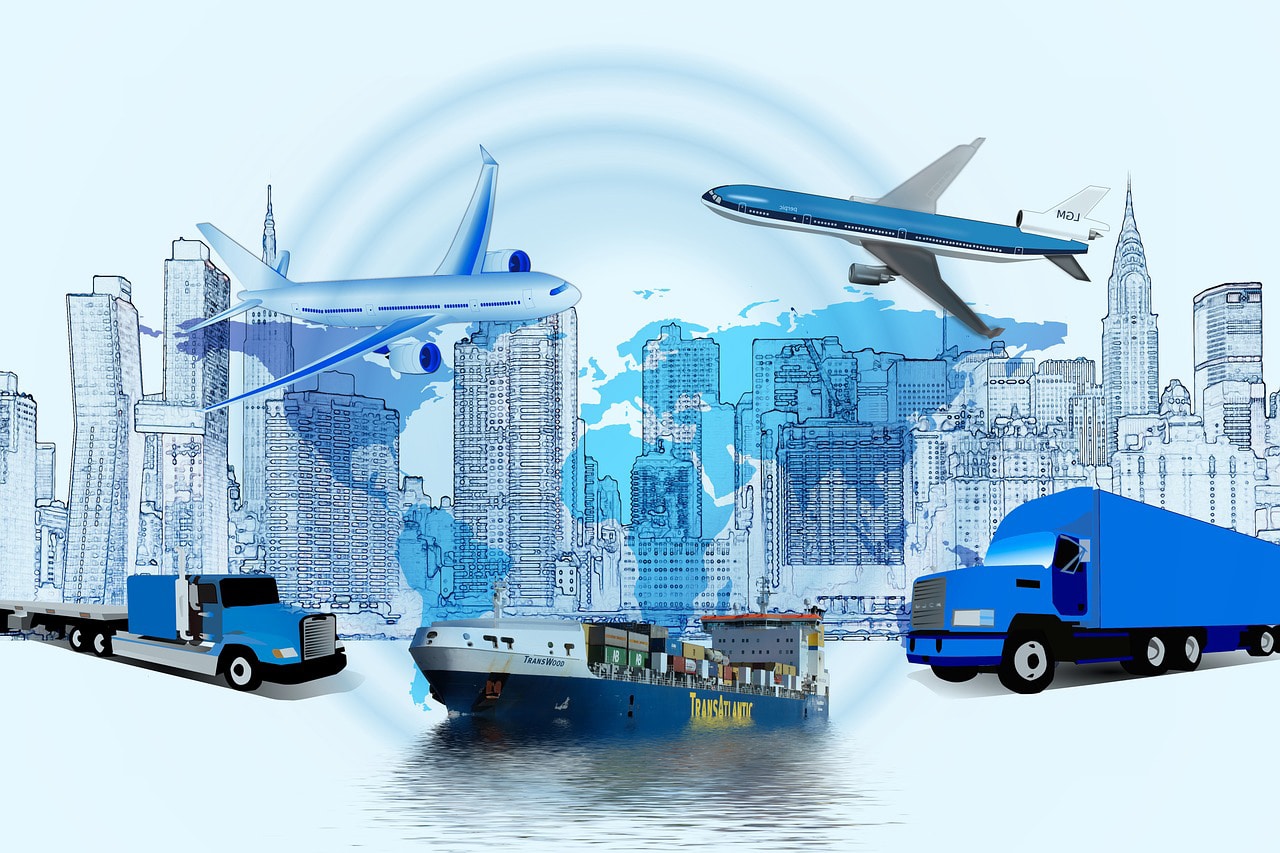4 minute read

Introduction to Logistics
Logistics is a term used when referring to the process that involves the coordination and movement of resources. These resources might include equipment, inventory, materials, or even people. The resources are moved from one location to the desired one.
The term was coined by the military. They used it to refer to the movement of supplies and equipment to different troops in different parts of the world. Supply chain management and logistics are usually used interchangeably, even though they are different.
Logistics takes place in a single company. It might involve purchasing and delivering goods, shipments, and materials, among others. Supply chain management involves a network of organizations that deliver products to vendors, customers, and warehouses, among others.
Logistics Problems Businesses Are Facing
High Costs of Fuel
The past two years have seen an increase in the cost of fuel around the globe. This is one of the problems every other business is facing with its logistics. An increase in fuel prices leads to high motoring costs.
When this happens, businesses have to deal with increased surcharges, especially with freight rates. As a business owner, you are forced to spend more on logistics. This might mean that you limit budgets for other departments, something that might affect your operations.
Logistics Management
As discussed above, logistics involves the movement of resources from one place to another in a business. Different businesses have different types of logistic requirements. For instance, a brewery will differ from what a plumbing company will need.
Taking the example of a brewery, many processes need to be taken care of. Breweries need to move things like raw materials from the source to where they are located. They might also want to deliver their products to their customers. This is a challenge, especially for small breweries.
Fortunately, technology advancements have given birth to solutions such as Ollie, which is a logistics management system for breweries. It allows them to manage all their brewery requirements from a single platform. It also comes with other features that can be used in the management of different brewery processes.
Customer Service
Handling logistics properly requires businesses to provide the right quantity of products at the right time and to the right customer. Even though this might sound easy, it is quite a challenge, especially for businesses that deal with many products.
The biggest challenge when it comes to customer service is the fact that customers have become very sensitive to the transparency of their products. They want to keep track of their deliveries from the time they place an order to the time the order is delivered.
The location of a customer’s delivery is something that every business needs to think about. Increasing and changing customer demands mean that businesses have no option but to improve their logistics to match these demands. This is a challenge for most businesses.
Environmental and Government Regulations
Different governments have set up different regulations that businesses have to follow when it comes to their logistics. In addition, increasing environmental awareness has given birth to new regulations that every other business has to abide by.
The local, state, and federal governments have strict compliance regulations. Imagine a business that has to deliver a product through three different states with different regulations! This is a challenge since the business has to ensure that it is compliant with all the regulations.
In addition to these regulations, there are other environmental problems such as emission regulations and anti-idling laws. These regulations require businesses to invest a lot of money for them to be compliant, something that could lead to losses.
Shortage and Retention of Talent
As much as businesses can use different software applications to streamline and automate logistics, they also need to ensure that they have hired the right personnel. Unfortunately getting the right talent is not easy, especially for small businesses.
For instance, most people would prefer to work for large companies compared to small ones due to the benefits they get to enjoy. This leaves the small ones with no option but to settle for staff who might not be qualified.
In addition, employee retention is also a challenge. Due to changing employee demands, businesses are finding it difficult to retain their best employees. This leaves their logistics department understaffed, something that can hurt the department and the business at large.
Logistics is an important part of every business. However, due to changing customer requirements and other factors, businesses are facing many logistic problems that are limiting their profitability.




